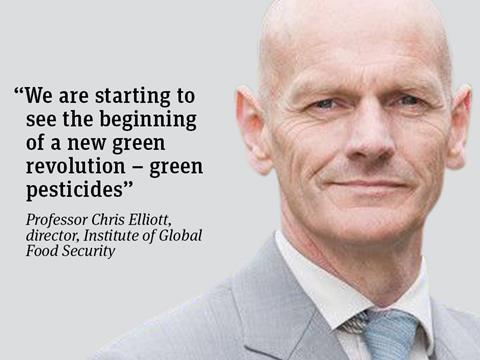
When you ask many people about what might be in their food that’s harmful, often the answer is ‘chemicals’ - and pesticides in particular. But do chemical residues case harm?
My personal view is that our exposure to chemicals in the food we eat does have a negative impact on our health but only due to long-term exposure. So why do the agriculture industries of the world keep using them?
The answer is relatively simple: if they didn’t, we wouldn’t have enough food to eat and the price of many food commodities would soar. The level of pest attack on some crops globally is getting worse and worse due to issues such as climate change - and some of these pests are now becoming immune to pesticides. The answer to this conundrum seems to be to get the world’s pharma companies to develop new chemicals.
That is what happened with the introduction of a group of chemicals known as neonicotinoids - highly effective chemicals with low toxicity to humans. The result was excellent, except for one small problem: it appears neonicotinoids are contributing to the wiping out of the global bee population. And without bees we won’t have any food system at all.
This leaves us with a rather gloomy picture. If the pests don’t get our food, the pesticide residues will get us. But there is good news. We are starting to see the beginning of a new green revolution: green pesticides. Clever scientists in many parts of the world are coming up with highly innovative ways of fighting back against the growing pest populations. Compounds that have been found to be produced by nature to fight back against all sort of nasty bugs are being discovered and tested for their ability to replace conventional pesticides.
Indeed, I have the pleasure of being involved in this type of research and am plotting ways to fight the dreaded brown planthopper, a pest eating its way through much of the rice grown in South East Asia. Hopefully our research and that of others will provide economic, ecologically friendly and safe means of ensuring food can be produced in an affordable way to feed our growing global population.
Professor Chris Elliott is director of the Institute of Food Safety at Queen’s University, Belfast







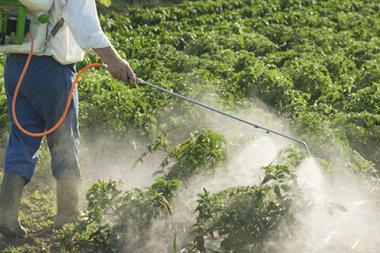
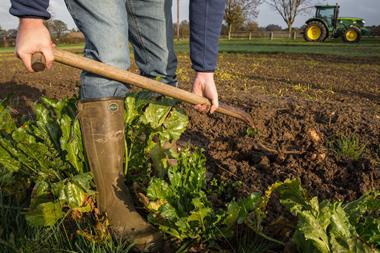


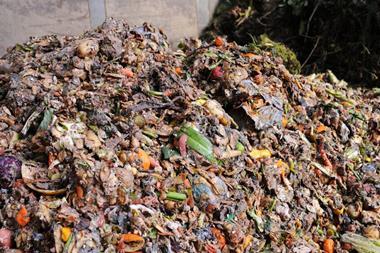
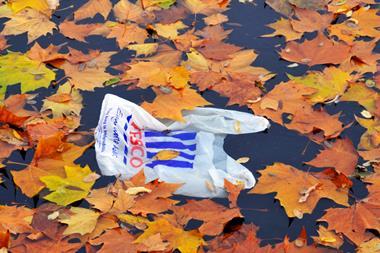






No comments yet